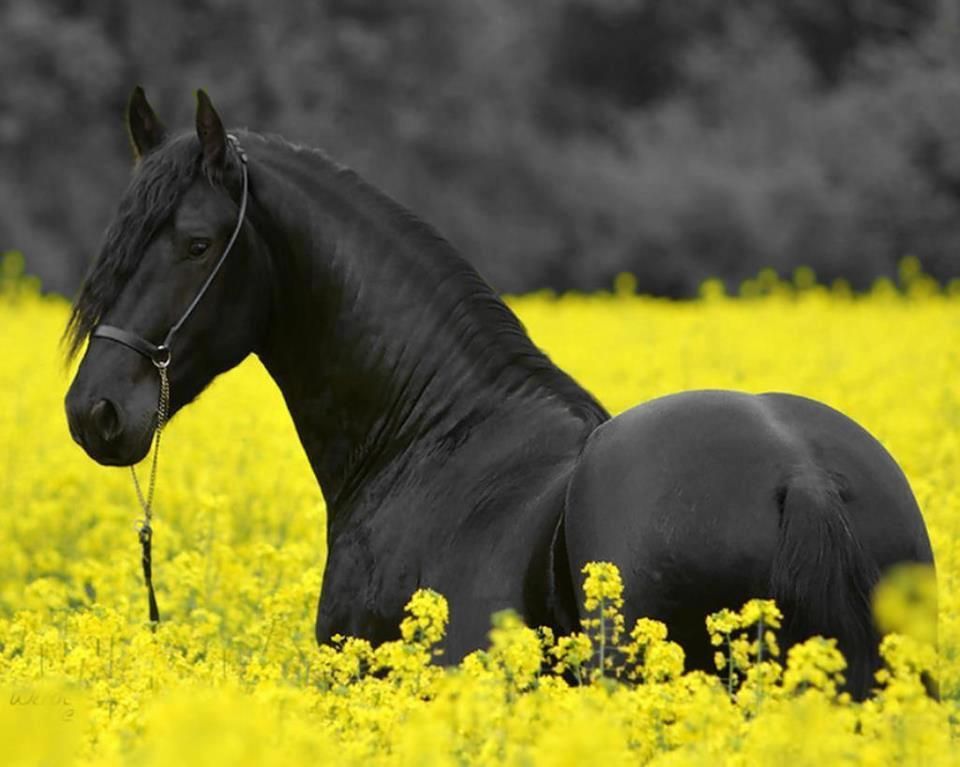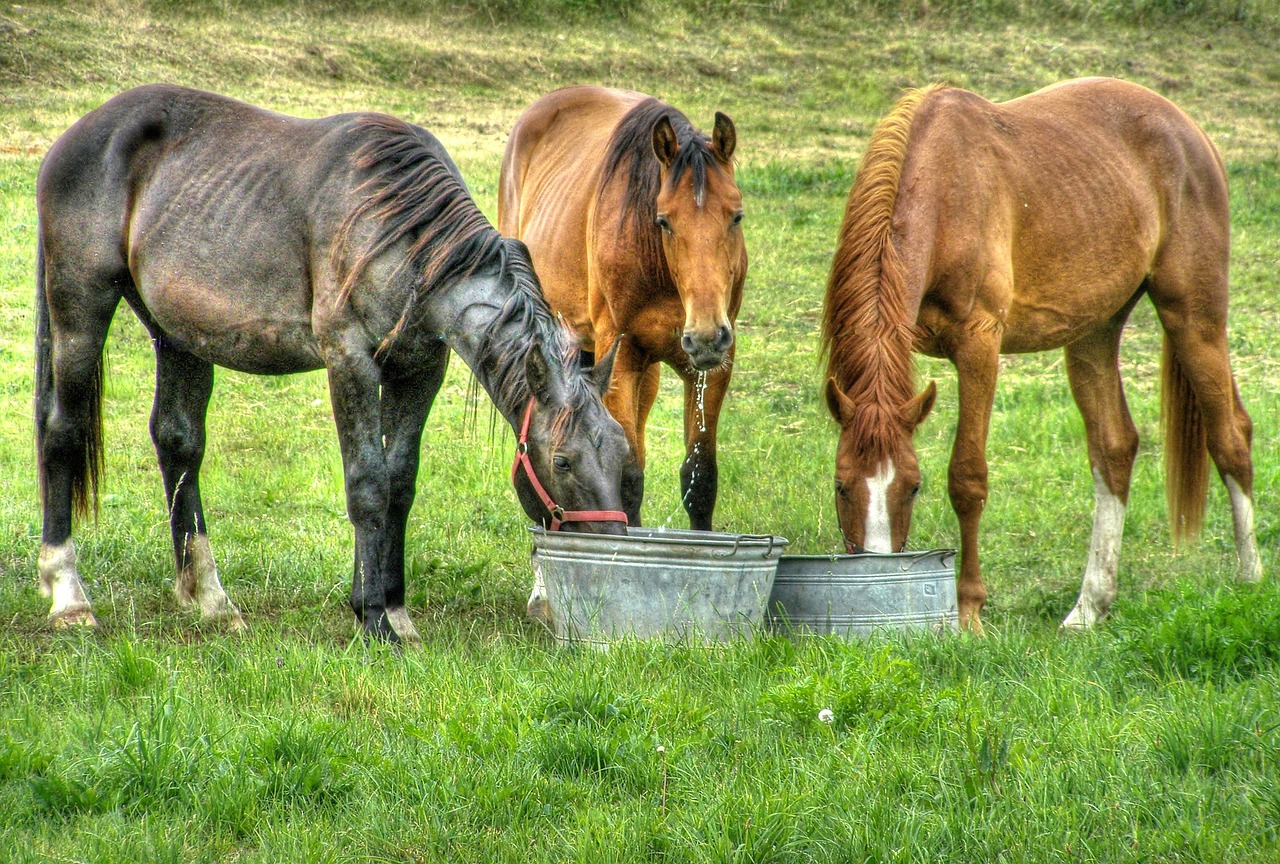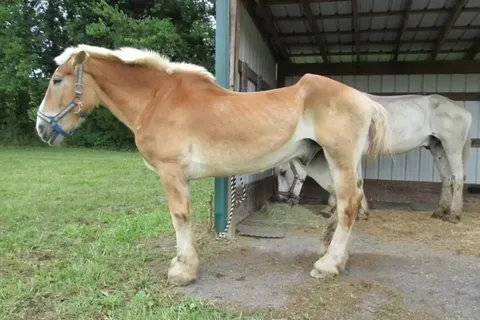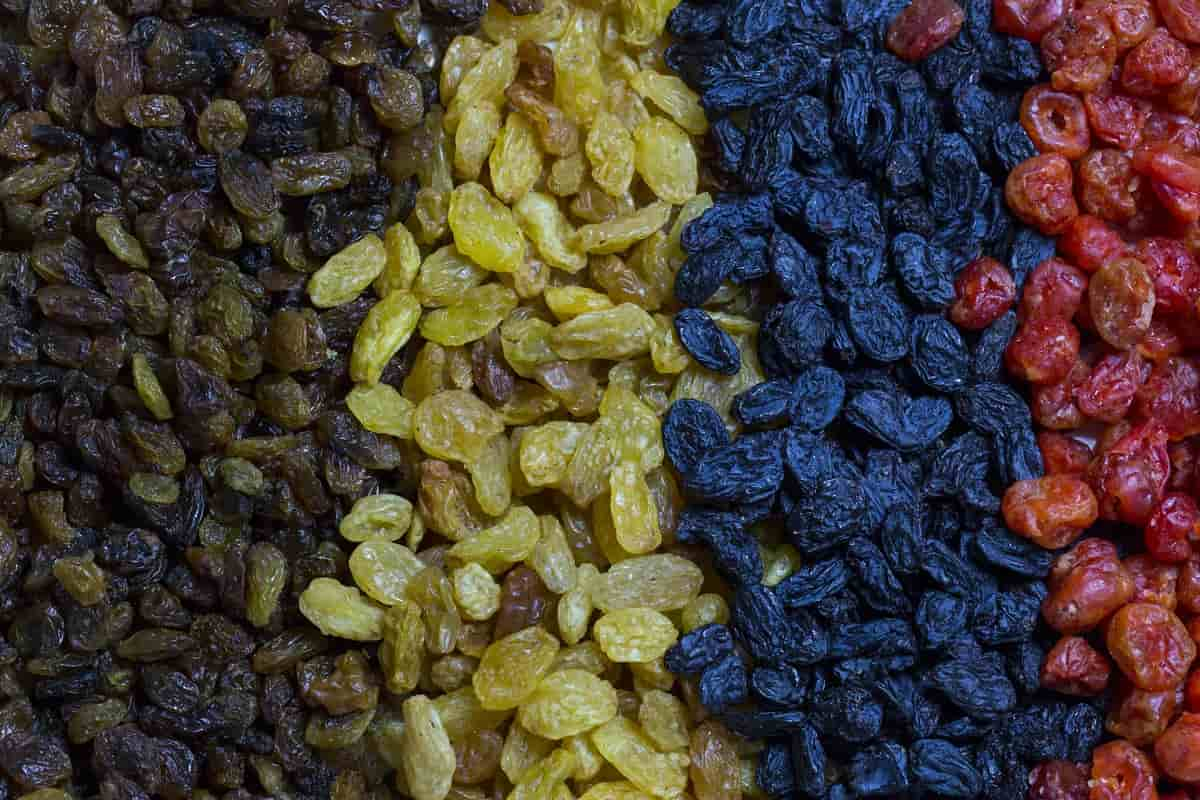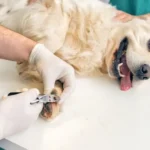Horses eat grapes? The age antique question of whether or not grapes are safe for horses stays a hotly debated subject matter amongst equestrians.
Grapes have lengthy been a fave deal with that many horse owners provide as a way to bond and praise their equine partners. but, worries have surfaced through the years linking grapes and raisins to instances of acute kidney failure in a few horses.
So what does the proof clearly say about the safety of feeding grapes to horses? let’s take an in-depth examine the research and do not forget all aspects of this complex difficulty.
A Brief History of Horses Eat Grapes
issues with horses eat grapes were first documented inside the past due Nineties, when veterinarians commenced noticing associations between grape/raisin intake and sudden kidney disorder in sure horses.
In 1997, researchers from Cornell university’s Animal fitness Diagnostic center posted a case record linking grapes and raisins to five horses that evolved acute renal failure, requiring veterinary treatment. This watershed examine was influential in raising preliminary awareness of the viable health risks.
However, grapes had long been part of the diets of wild equine species like zebras and certain subspecies of horses with no reported issues.
Part of the complication is that the toxic level required to cause renal damage varies significantly between individual horses based on factors like weight, diet, hydration status and health history.
An otherwise healthy 1,000 lb horse may process and excrete grape toxins differently than a senior mini horse with pre-existing kidney conditions.
The exact substances driving this toxicity also remain unknown over two decades later, despite ongoing research efforts.
So is it that some grapes contain unknown nephrotoxins capable of damaging kidneys? Or do certain underlying vulnerabilities in some domesticated horses predispose them to rare negative reactions from usually harmless quantities?
The truth is complex, with arguments on both sides maintaining validity based on available data. Let’s explore the evidence and ongoing discussion in more depth.
Research Demonstrating Grape and Raisin Toxicity Risks
The landmark 1997 Cornell study described five horses who developed acute renal failure within one to three days of consuming grapes or raisins, demonstrating a potential causal link.
Researchers have since been unable to identify the toxin but theorize it may be related to pesticide residues, fungal toxins, or other plant compounds concentrated in raisins due to dehydration processing.
Subsequent studies continued identifying associations between grapes/raisins and rare cases of kidney disease requiring intensive veterinary therapy.
For example, a 2009 report described a draft horse developing acute renal failure after ingesting only a small amount of grapes.
And the Honey Brook Veterinary Practice in Pennsylvania warns their clients to avoid grapes entirely due to multiple hospitalizations of horses consuming even small portions.
Anecdotally, some horse owners recount tragic stories of formerly healthy animals mysteriously falling ill and dying within days of indulging in grapes or raisins.
While unproven, such incidents understandably frighten people and contribute to perceptions of significant toxicity risks.
At minimum, grapes do appear capable of causing dangerous renal damage in a small subset of the horse population under certain conditions that have yet to be precisely defined.
Research Finding No Grape Toxicity Even at High Doses
However, not all studies have replicated these concerning reactions. Perhaps the most influential research challenging grape dangers was published in 1999 by Purdue University researchers.
They directly fed nine horses extremely high daily doses of grapes amounting to 15-30 lbs each, without observing any abnormal clinical signs, bloodwork changes, or evidence of adverse health impacts even at these massive quantities.
The researchers concluded that under experimental conditions, grapes did not appear to be a risk factor for development of renal failure.
They hypothesized that grape toxins may exist only at extremely elevated levels unlikely to occur from occasional recreational feeding.
Further research in 2013 also found no negative impacts on kidney function when horses were provided a more moderate daily 1.5 lbs of grapes for a week-long trial period.
Additional puzzle pieces come from populations of wild zebras in Africa that graze on grapevines with no documented kidney issues.
While domestication and selective breeding may have introduced unknown metabolic vulnerabilities in some horses no longer faced with harsh natural selection pressures, these factors imply that occasional grape consumption alone does not necessarily pose serious inherent health hazards.
Raisins Likely Pose Higher Risks than Fresh Grapes
Although details remain uncertain, there is growing evidence that raisins specifically may carry elevated dangers compared to whole grapes for horses.
As a processed, concentrated food, raisins could potentially contain significantly higher levels of unknown toxins than fresh grapes.
They also lack fresh grapes’ moisture content, making them harder for a horse’s digestive system to properly dilute and metabolize any problematic compounds.
The 1997 Cornell study notably involved both grapes and raisins, lending more credence to raisins as a concern.
Subsequent reports continued identifying raisins alongside or instead of grapes in cases of acute kidney disease.
For instance, a 2013 literature review pooled data from 21 grape/raisin-associated equine kidney failure cases, finding that 77% (16/21) uniquely involved raisins without any fresh grapes.
While not proving direct causation, mounting circumstantial evidence points to raisins warranting stricter avoidance.
Individual Factors Complicating Safety Assessments
Another variable adding complexity is the potential for individual horse factors to influence reactions. Older horses or those with pre-existing metabolic, digestive or kidney conditions may face elevated risks from rare grape or raisin toxins compared to healthier adult animals.
Dehydration, salt depletion, electrolyte imbalances and underlying diseases could potentially render some individuals more vulnerable.
Veterinarians have also noted cases where multiple horses sharing the same paddock or barn consume grapes from the same source with varied outcomes, from no effects to acute renal crisis.
This implies other horse-specific genetic or microbiome differences may play an unidentified role in rare adverse interactions.
Mitigating individual vulnerabilities through careful attention to overall horse health offers one practical approach until more is learned.
Weighing All Evidence to Determine Best Practices
So in weighing the total available research evidence on grapes and renal failure risks in horses, several key conclusions emerge:
- While fresh grapes alone do not appear inherently toxic at recreational feeding levels, unlimited daily ingestion is not recommended either due to unknown individual variability.
- Raisins specifically are best strictly avoided due to their concentrated nature and association with multiple acute kidney failure cases even at low doses.
- Individual horse health status and any pre-existing conditions are important factors that likely influence reactions to unknown grape compounds.
- More research is still needed to definitively identify grape toxins and determine safe consumption guidelines validated across all horse types and management conditions.
- Prioritizing overall equine health through proper hydration, feeding of complete balanced diets, parasite control and routine veterinary care helps support robust kidney function as a precautionary measure.
Therefore, for any horse under a caretaker’s responsibility, the most prudent approach is to either avoid grapes/raisins altogether or restrict them to very rare small treats provided under close owner supervision.
An ounce of prevention supports equine welfare better than potential pounds of cure in this ongoing debated topic. Responsible owners can feel confident making safety the top priority here.
Healthy Alternatives to Grapes for Horse Treats
Luckily, there are many safe and nutritious treats horses eat grapes. Carrots top the list as a healthy low-sugar snack very high in beta-carotene and a favorite for most horses.
Apples provide hydration along with antioxidants and modest natural sugars. Banana or plantain chips, broken into small pieces, offer a tasty curbside reward.
Small sugar cubes or generic horse treats offer basic indulgences without concerns.
Offering such safer choices helps bond animal and human while mitigating even theoretical health risks that come with grapes and raisins based on existing research.
With continual new findings still emerging regularly, maintaining a precautionary mindset seems wisest for all horse caretakers dedicated to protecting equine well-being.
The ongoing grapes debate highlights how compassion demands keeping an open yet prudent perspective until experts achieve full consensus.
FAQs
Q: Can horses get grapes?
A: Yes, horses can eat grapes. But just because they can doesn’t mean you should go overboard
Q: Is there any fruit that horses can’t eat?
A: Any kind of a fruit that has a “stone” in it (or pit), like whole peaches, avocados, and cherries
Q: Can horse eat eggs?
A: The egg is an amazing powerhouse of nutrition and other functional factors that offer added digestive support for horses
Q: Can horses drink milk?
A: Mare’s milk provides all the nutritional needs of foals in the first six to eight weeks of life.
conclusion
while the relationship between grapes/raisins and rare acute kidney disease in horses remains incompletely understood, decades of data point to potential toxicity deserving of serious owner consideration.
Care, vigilance and prevention save lives. Until conclusive proof establishes definitively “safe” versus “unsafe” grape consumption guidelines validated across all horse types and situations, an ethos of responsibility advises restricting these controversial fruits to measured infrequent treats, if at all.
Overall equine welfare must take precedence in this ongoing complex discussion.

Hi, I am Mick Andrew. I am a teacher and a blog writer since 2017.

